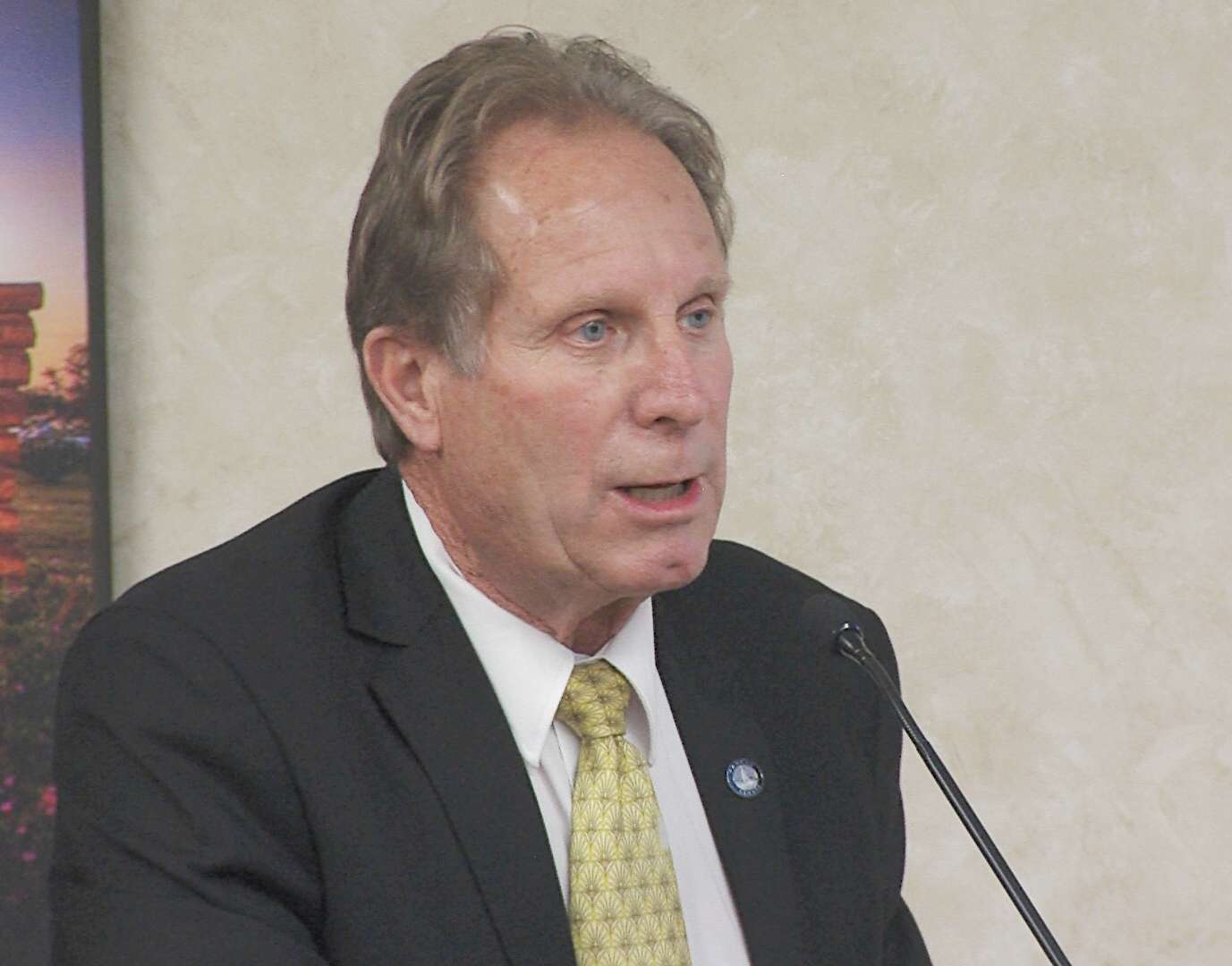
Dear constituents and people of Kansas,
With the upcoming election just around the corner, I wanted to take the time to reach out with some brief responses to what I see are the most common questions and topics I am asked about. The goal of this correspondence is in no way to be definitive answers nor full explanations of these complex issues; however, I hope this can give clarity and add to the conversation around these topics.

Why is it taking so long to remove sales tax on food?
The legislature had sent the Governor two bills that would have eliminated the sales tax on food in her first three years in office. Both of these bills had the sales tax of food being removed over several cuts over several years, not all at once. Had the governor not vetoed the elimination of sales tax each time, by this January the sales tax on food would have been completely eliminated. Furthermore, if the bill was not vetoed by the governor, the sales tax cuts would have already been made up and paid for with offsets from internet sales tax at this point.
Now that it is an election year, it is no surprise to me that the governor has finally signed legislation to eliminate sales tax on food. Starting in January 2023 sales tax collected will be adjusted by 2.5%; however it will take several years until it is fully removed since we are only starting now due to the governor’s actions.
When will we get mental health back in western Kansas for our youth?
Over three years ago the governor closed the facility and beds available for youth mental health treatment in Hays. The governor claimed at the time that the facility was in violation of CMS rules. These are the rules and regulations over such a facility, one of these regulations refers to the concept of comingled beds. At a high level it means that one section must be dedicated acute treatment and another for residential treatment and that there can be no acute treatment in residential treatment and visa versa.
This facility had comingled beds from the day the facility was opened and operated for all these years with comingled beds. When we asked for a copy of the order from CMS to close this facility it was never produced. The closing of this facility was a choice, not an order from CMS. The legislature moved quickly after the facility was closed to get a new facility opened. Money was put in the budget three years ago to reopen this facility. Currently, children in need of mental health treatment in western Kansas and their families must travel to Wichita or Kansas City, in what is often an unimaginable burden.
Thankfully, the new youth mental health facility in Hays is scheduled to open in early 2023. What has occurred here over the past few years is clear; The current administration failed to move quickly or even react to the swift steps the legislature took to ensure and clarify that the facility should never have been closed and we even passed funding for this new facility years ago.
Is the legislature fully funding K-12 education?
The legislature and the governor are funding K-12 education according to the settlement of the K-12 lawsuit. However, special education funding has not and continues to not be funded at proper levels at both the state and federal levels. Even though there is a court-ordered formula that adds millions of additional dollars each year, the percentages of state funding for special education have continued to fall behind.
Since Governor Kelly has taken office the special education funding percentage has continued to decline. Governor Kelly has had four years to add funding to her budget for special education and chose not to add any additional money above the formula. It has not been important to her. When COVID hit the governor closed our schools and test scores have fallen and in addition to that some of the students have not returned to school. As an example, due to lower enrollments over nineteen schools have had their funding reduced thus far.
How bad was the unemployment fraud in Kansas?
During the pandemic when unemployment skyrocketed the Kansas Department of Labor was a failure. Rather than take responsibility for this problem Governor Kelly blamed the fraud and fraudulent payments on the computer system the state uses to administer the program as well as the prior administration. However, the computer system Kansas has is also the same system as other states who did not have the same problems Kansas had.
Since the onset of the pandemic Kansas has lost money ranging from $450 million to $750 million because of unemployment fraud. The state was quick to pay fraudulent claims even after legislators reported about the fraud going on in their communities. It is ironic that the state paid all these fraudulent claims when it was unable to process legitimate claims from Kansas unemployed taxpayers. It was beyond sad to hear story after story of good people of Kansans becoming destitute. Some Kansans unable to get services were evicted from their homes, living in tents, cars, and sheds… others were unable to feed their families.
Adding insult to injury, innocent Kansans who had fraudulent claims made by bad actors under their name and social security number are now being asked by the state of Kansas to pay income tax on the money which was sent to someone who stole their identity!
There are many more questions, which I will address in a later editorial.
Rick Billinger, R-Goodland, is state senator of the 40th District.






